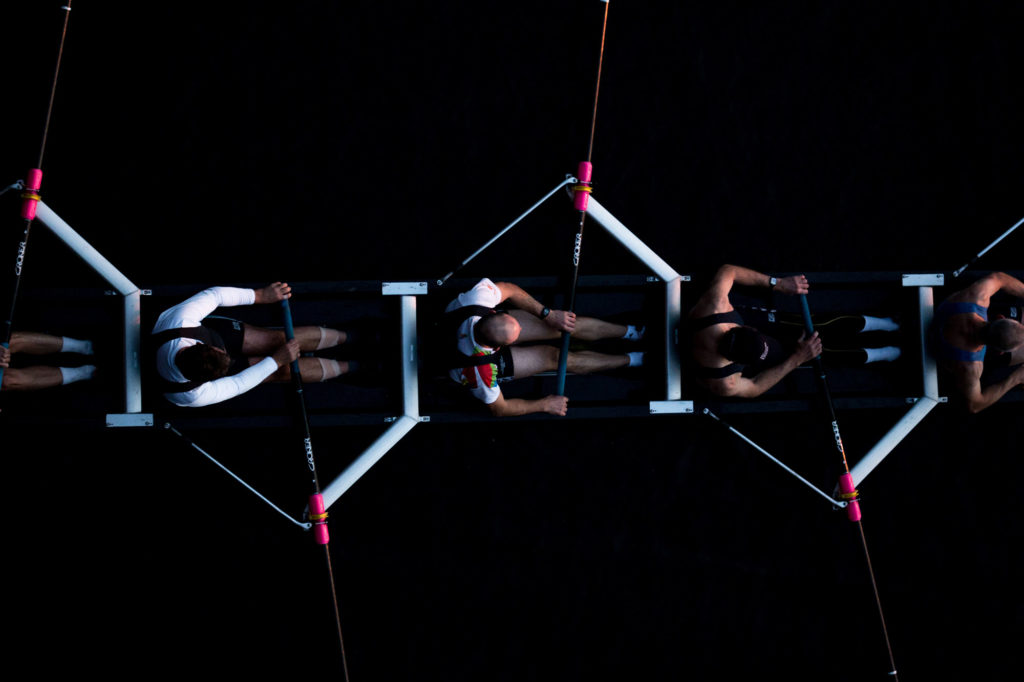
Professional Training for Optimal Performance
Welcome.
Humanitas Inc is the original creator of the Peer Mentor Program in Canada and this valuable program has been adopted worldwide. This program has existed for close to forty years and used in most major commercial airlines in Canada.
Our Peer Mentor online courses are designed to train volunteers on the concepts and protocols of a confidential peer help service. The purpose is to assist troubled peers find help for personal and workplace problems.
We offer our clients opportunities for transformational change through online training for optimal health and performance.

Our flagship Peer Support Program.
For the past 40 years Humanitas Inc. has worked with many of Canada’s best corporations in building custom peer referral and support programs.
Our flagship Peer Assistance Program trains volunteers on the concepts and protocols of a confidential peer service designed for the purpose of helping troubled peers find support and resources related to personal and workplace challenges common to continuous high standard performance.